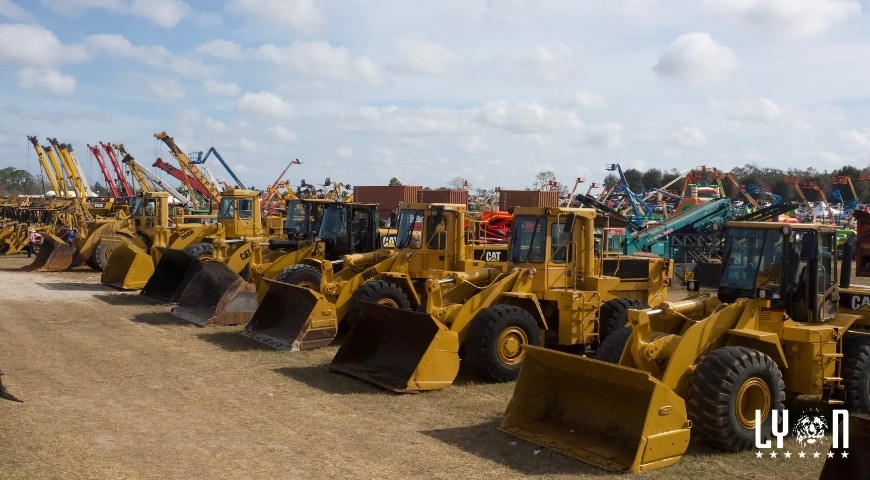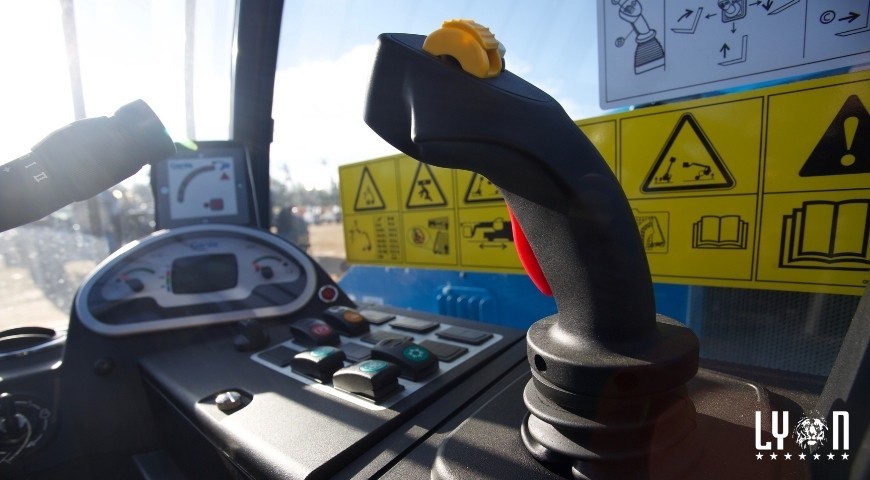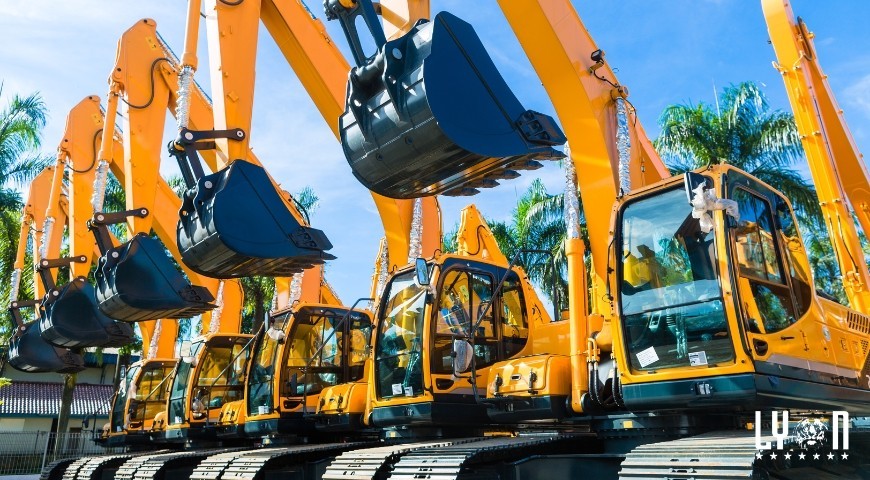Participating in a commercial equipment auction can be an exciting and rewarding experience, whether you’re buying or selling heavy equipment. However, navigating the auction process effectively requires careful planning, strategy and understanding of how auctions work. We wanted to provide a comprehensive guide to navigating the auction process for both buyers and sellers in the heavy equipment industry.
Know the different types of auctions
Before diving into the auction process, it’s essential to understand the different types of commercial equipment auctions available. Auctions can be conducted in various formats, including live onsite auctions, online auctions and timed auctions. Each type has its own set of rules, bidding mechanisms and advantages, so it’s important to choose the right auction format for your needs.
Do your research
Start by researching reputable auction houses that specialize in heavy equipment. Look for companies with a proven track record, transparent processes and a wide range of inventory. Read reviews, testimonials and client feedback to gauge the reputation and reliability of each auction house. Choosing the right auction house is crucial for a successful auction experience!
Prepare for the auction
Preparation is key to success in the auction process. For buyers, this involves conducting thorough research on the equipment you’re interested in, setting a budget and inspecting items before the auction. Sellers should prepare detailed listings and gather all necessary documentation for their equipment. Both buyers and sellers should familiarize themselves with auction terms, conditions and procedures.
Participate in the auction
On auction day, buyers can participate in person at live auctions or online through bidding platforms. Bidding strategies may vary depending on factors such as budget, competition and item value. Sellers should be prepared to respond to bidder inquiries and monitor auction activity closely. Stay focused, stick to your budget and be prepared to act quickly when opportunities arise.
Follow post-auction procedures
After the auction concludes, successful buyers will need to arrange payment and logistics for their purchases. Sellers should coordinate equipment pickup or delivery with the buyer and ensure all necessary paperwork is completed promptly. It’s essential to communicate effectively and follow through on all post-auction obligations to ensure a smooth transaction for all parties involved.
Check out our commercial equipment auction
Navigating the auction process requires careful planning, research and execution. By understanding auction types, researching auction houses, preparing thoroughly, participating actively and following through on post-auction procedures, buyers and sellers can maximize their chances of success and achieve their goals in the auction market. Contact us today with any questions, or check out our upcoming auctions!




